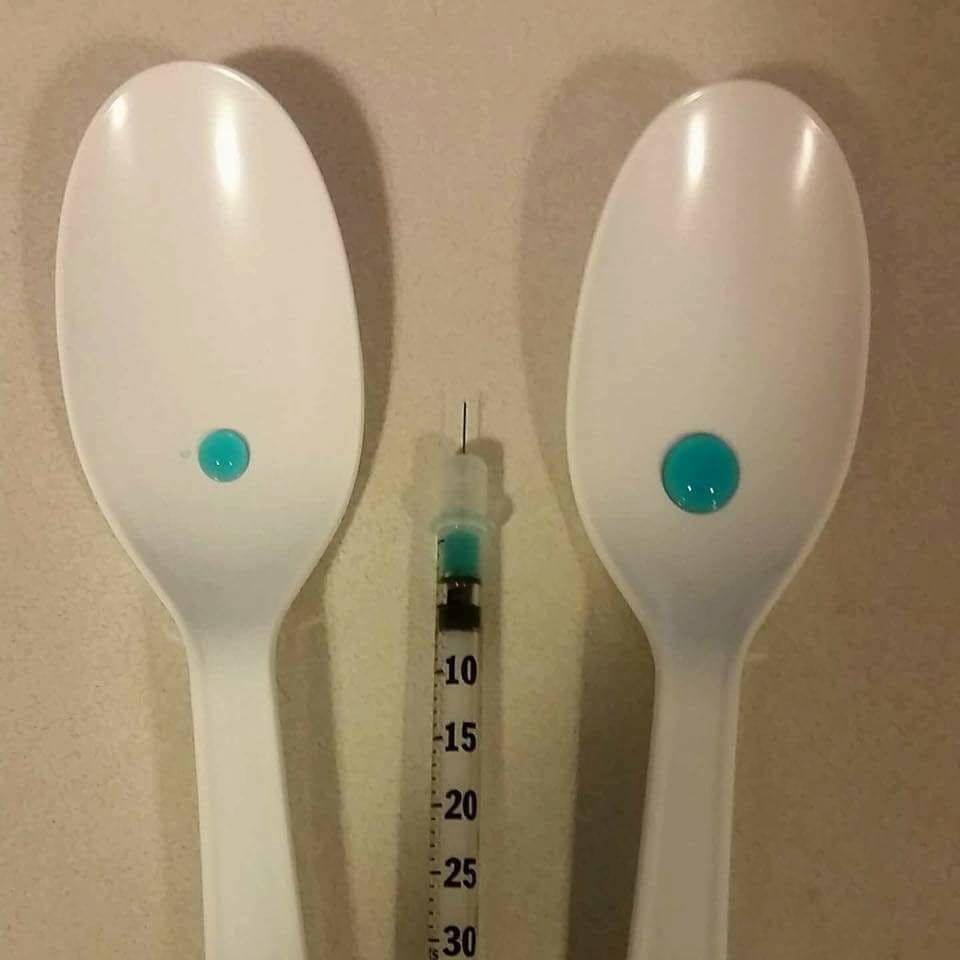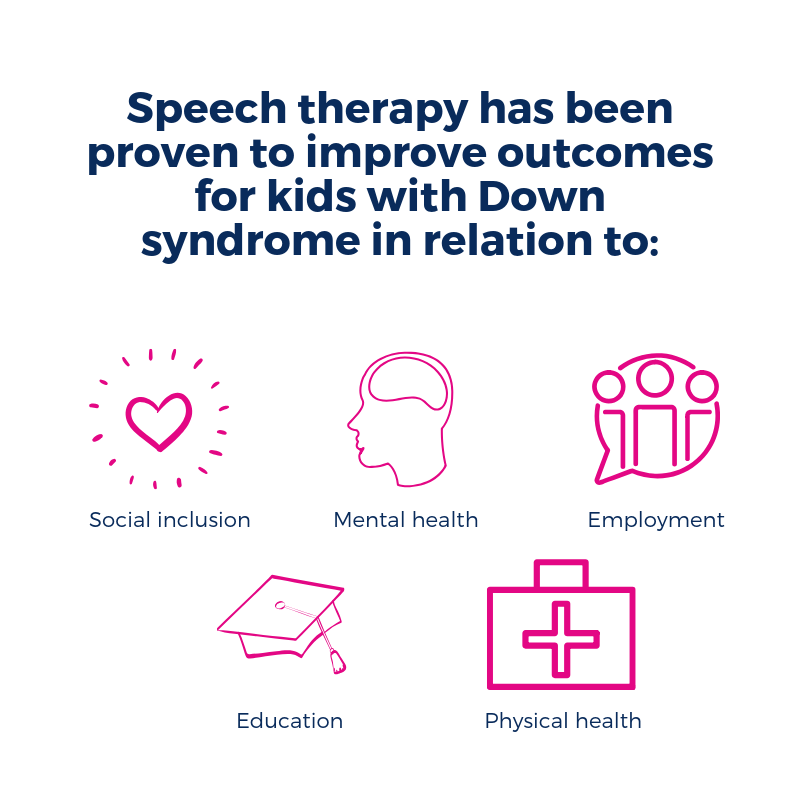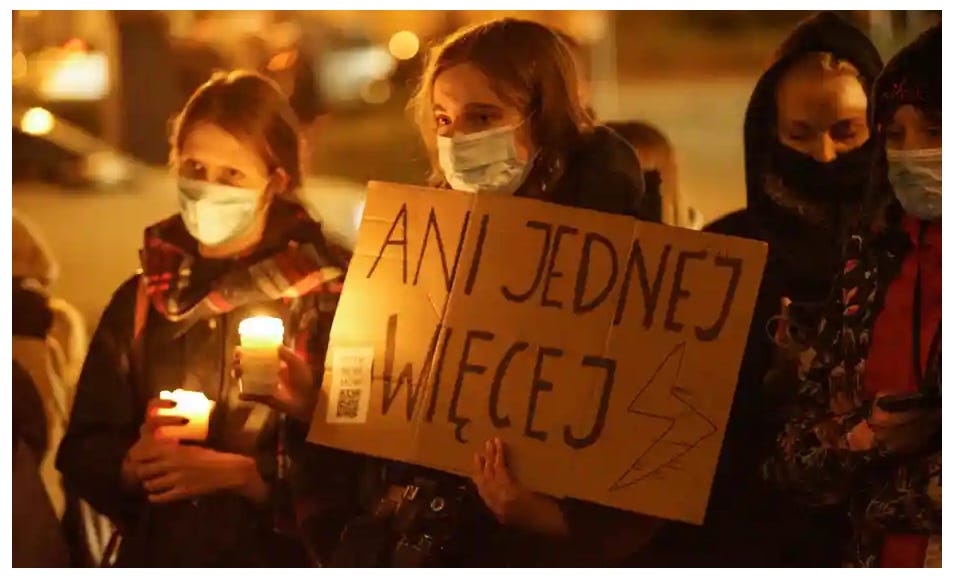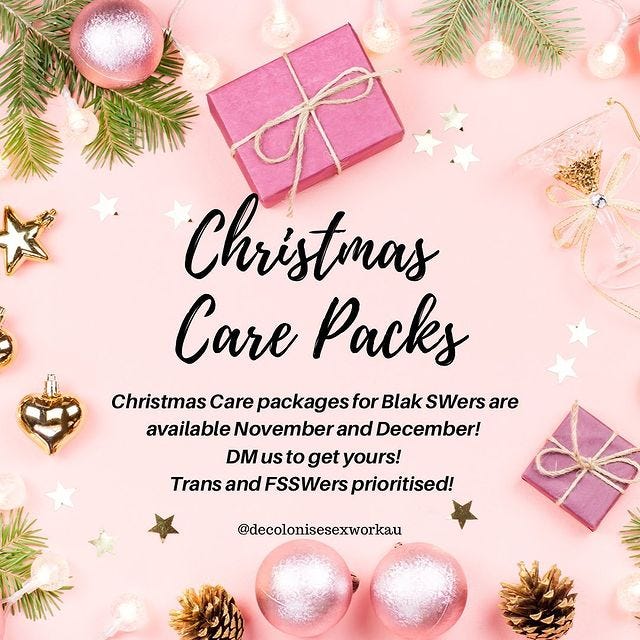Kia ora my friends! It’s that time again. Basically The Call is a response to the question ‘what can I do to help?’ ‘Can I donate somewhere?’ and ‘I want to do something, where do I start?’
The Call is a newsletter within a newsletter. It is a call to action. It’s a round-up of the current issues and causes our communities are facing. And it hopefully allows you to easily be involved in service to your community through sharing information, raising awareness, signing petitions, donating, volunteering, submitting to select committees, writing to MPs and protesting (virtually for now). You can be as involved as you wish. The Call simply outlines what people in the community are facing and what they need. You decide what you can provide.
Just like the last edition, I’ll outline what the issue or cause is, where you can read more about it, and what you can do to help.
What is happening?
An estimated 1100-1200 New Zealanders are diagnosed with a primary brain tumour each year with the latest statistics from 2018. “Brain tumours are a relatively rare cancer, representing less than 1.4 per cent of all cancers diagnosed in New Zealand, but they are one of the most deadly. Despite aggressive treatment, the average survival for the most common form of primary brain cancer is just 15 months, a statistic that has barely changed in over 30 years.” - Brain Tumour Awareness Week
Brain tumour research is underfunded in New Zealand. According to this chart from the Health Research Council (the government agency responsible funding health research) less than $500,000 was spent on brain cancer research from 2006 to 2019. To put this into perspective, Wellington teenager Jemima Gazley raised more money for brain cancer research in 14 days than the NZ government spent in 14 years.
Brain tumours are the biggest cancer killer of young people under the age of 40. Brain cancer causes the most deaths of any cancer in New Zealand children aged 14 and under.
Where can I read more?
Jemima raises $650,000 for cancer research, but her legacy is much more than money
Eight-year-old has surgery after lockdown scan shows brain tumour
I wrote about one of my bestie’s gorgeous little girl a while back - Elliot has a brain tumour and Elliot has a brain tumour – one year on.
What can I do to help?
You can donate toward a “Brain Box”. The Brain Box is a care and information package which BTSNZ sends free of charge to newly diagnosed brain tumour patients and carers. Included in each Box is a printed set of seven BTSNZ Patient Guides which contain important information about brain tumour care, treatment and management. Also inside the Box is a range of New Zealand made products from local artisans and businesses to provide relief and relaxation, such as wheat packs, essential oils and rubs.
You can buy a $5 raffle ticket from here to support Brain Tumour NZ.
Spread the word - According to BTSNZ brain tumours are one of the least familiar cancers, with a lack of awareness among the general public and even among the medical fraternity. So share information about the statistics and symptoms around brain tumours, follow BTSNZ on Instagram and Facebook.
What is happening? Counting Ourselves is the first comprehensive study into trans and non-binary people in Aotearoa found that five out of six participants did not have the correct gender marker on their New Zealand birth certificate. Having incorrect information on identity documents leaves trans, non-binary and intersex people at risk of outing themselves and becoming targets of discrimination.
Where can I read more?
Why support is urgently needed for our trans and non-binary communities
‘Terrible Time For Trans Youth:’ New Survey Spotlights Suicide Attempts — And Hope
More than 50% of transgender youth report struggling with mental health
Non-binary renter has to 'straightwash' themself to appeal to landlords
Endometriosis twice as hard for trans teenage man
What can I do to help?
Naming NZ have helped 131 rangatahi in the Greater Wellington area since 2016 and now in collaboration with RainbowYOUTH, will be working towards helping rangatahi nationwide. $20,388 has been raised toward a goal of $21,662. Help them reach that goal!
Share the beautiful stories Rainbow Youth have been posting on Instagram from rangatahi all over Aotearoa.
Educate yourself by having a read of the Trans 101: glossary of trans words and how to use them from Gender Minorities Aotearoa and learn about How To Be An Ally. You can also take the Free online course: supporting transgender people. Make sure you give koha if you can for the use of these resources. Or volunteer at Aunty Dana’s or buy their lovely wares!
You can also buy cool things for Christmas gifts from the website!
What is happening? Speech language therapy is not funded as a matter of course for children with Down syndrome. In 2003, a group of parents of kids with Down syndrome sought to address this need by establishing the UpsideDowns Education Trust. By helping fund speech and language therapy, they’ve ensured hundreds of kids have received tens of thousands of life-changing sessions and developed the ability to communicate effectively.
Where can I read more?
What can I do to help?
You can buy a calendar featuring a different stunning image of an UpsideDowns member for every month. 100% of all purchases will fund speech and language therapy for Kiwi kids with Down syndrome.
What is happening? Last year in Poland, abortion laws changed. Now a pregnant person can only receive an abortion in cases of rape or incest, or when pregnancy threatens the person's health or life. If they have an abortion they can be jailed for up to eight years.
As we know, laws against abortion mean pregnant people die. A woman known only as Izabela, 30, died at 22-weeks pregnant in Pszczyna, southern Poland. She was not allowed to terminate her pregnancy even though her foetus did not have the required amniotic fluid to survive.
Before she died she texted her mother: "The baby weighs 485 grams. For now, thanks to the abortion law, I have to lie down. And there is nothing they can do. They'll wait until it dies or something begins, and if not, I can expect sepsis.”
Where can I read more?
Polish 'Savita' case sparks protests against restrictive abortion laws
Poles march against abortion ban after pregnant woman’s death
What can I do to help?
Donate to Abortion without Borders.
The hashtag #anijednejwiecej or 'not one more' has spread across the internet and there have been protests and marches across Poland.
It may feel like there’s nothing we can do from here, but there is. Remember, that in Ireland, the death of 31-year-old Savita Halappanavar in 2012 after she was refused a termination provoked a national outpouring of grief. This became a catalyst for abortion law reform.
Speak Izabela’s name. Use the hashtag. Share stories about the case. Make Izabela a name known like Savita’s. Keep a close eye on news in Poland and keep watch for human rights abuses at protests - there may be petitions to our government to speak out over this.
What is happening? Gutter Kitties is Auckland's largest no-kill cat rescue. They currently have 297 cats and kittens in their care, not including over 120 colony cats they also care for. They of course cover vet bills for all of their kittens and cats, dental costs, vaccinations, microchipping, flea and worm treatments, as well as food and litter.
Where can I read more?
SPCA preparing for another huge kitten season after desexing put on hold
Auckland cat rescue Gutter Kitties closes doors due to soaring vet bills (2019)
What can I do to help?
You can make a one-off donation by bank deposit - 06-0479-0077973-00, you can sponsor a kitten, or you can set up a monthly donation. You can also adopt or foster a cat or kitten! Bruce is a feral we adopted and he’s the best thing that ever happened to us!
What is happening? Decolonise Sex Work AU is a Blak Sex Work Collective. Indigienous aboriginal sex workers face enormous stigma in Australia.
In their own words: “The shaming and whorephobia we experience by our own communities affects how we live. Alot of us live in fear of being outed and stay silent on many issues because of the violence we could face. Start making active change in how you view and percieve us and challenge imperialistic views on Blak Sex Work.”
Where can I read more?
Why women in the sex industry are feeling 'left out' of conversations on sexual violence
How the ‘National Cabinet of Whores’ is leading Australia’s coronavirus response for sex workers
What can I do to help?
You can buy merch to support sex workers. Decolonise Sex Work AU post regular mutual aid requests so you can donate money directly to sex workers in need. If you’re in Aussie or know someone who is - you can donate condoms, lube, Beppy sponges, gloves, dams, phones and credit through parcel collect - Parcel Collect 10140 74983
Forest Lake Shopping Village, FOREST LAKE QLD 4078. This will be donated directly by the collective. You can also contact Decolonise Sex Work through their website.
What is happening? Diabetes Youth Wellington are an amazing organisation. They support all kids with T1 in the Wellington area and organise a Diabetes Camp. Eddie freakin’ loves Diabetes camp. When he went last year it truly changed his life. He came back feeling stronger and happier. He said being around so many kids with T1 made him feel “normal” for the first time since his diagnosis. Ever since he’s been asking when the next camp is. For us, as parents, it’s the first and sometimes only time we get a break from the relentlessness of diabetes.
Where can I read more?
What can I do to help?
You can donate directly to Diabetes Youth Wellington via their bank account number - 03-0502-0158465-000. Or you can donate to the Diabetes Youth wing in your area. Or just keep the pressure on around continuous glucose monitors.

Thank you! That’s it for this month. Leave other causes, charities, things we should know about and support in the comments.
I thought I’d leave you with a quote that helped me feel a little bit better this week -
“When asked if I am pessimistic or optimistic about the future, my answer is always the same: If you look at the science about what is happening on earth and aren’t pessimistic, you don’t understand data. But if you meet the people who are working to restore this earth and the lives of the poor, and you aren’t optimistic, you haven’t got a pulse. What I see everywhere in the world are ordinary people willing to confront despair, power, and incalculable odds in order to restore some semblance of grace, justice, and beauty to this world.”
― Paul Hawken
Aroha nui, Emily








